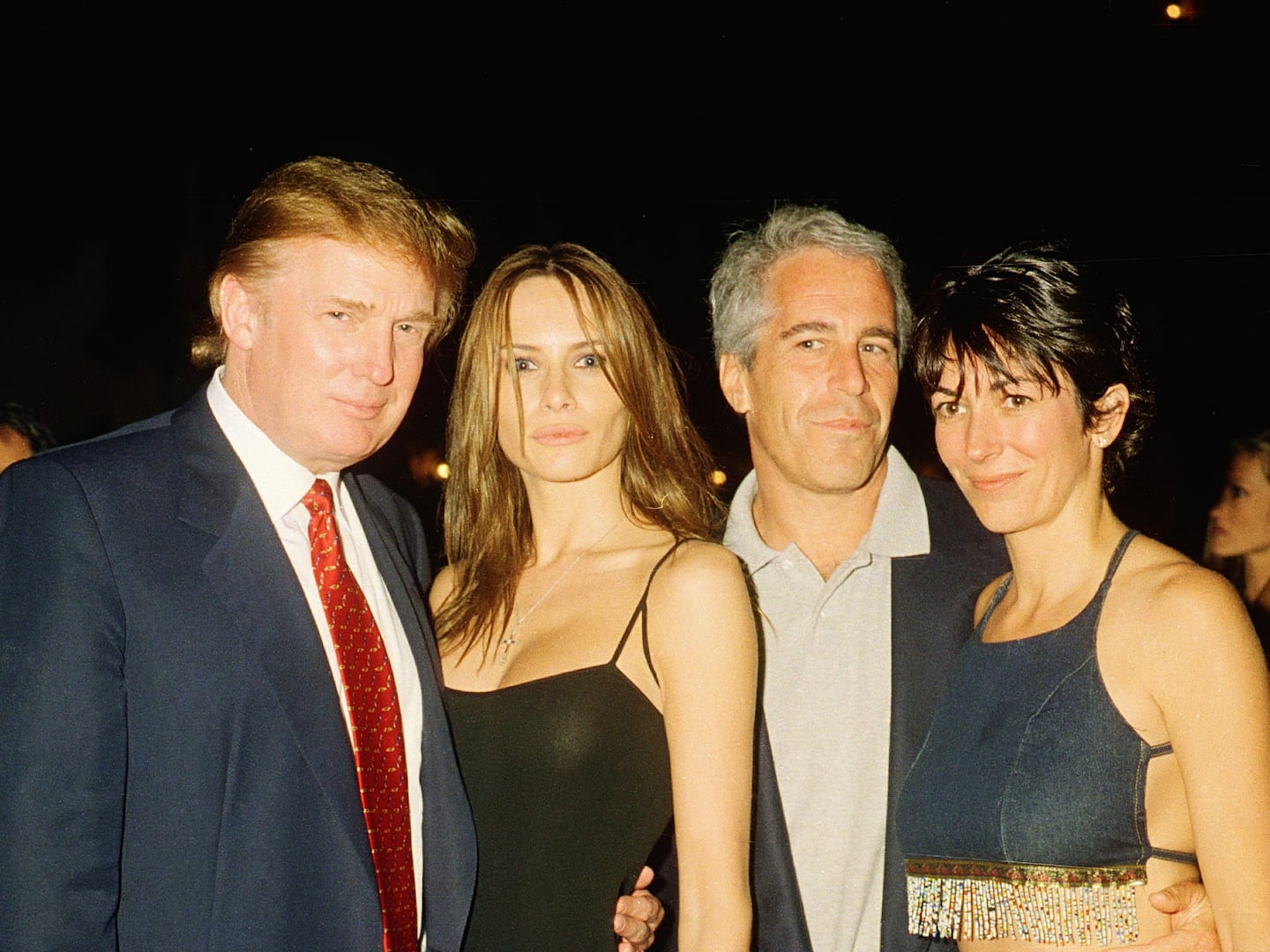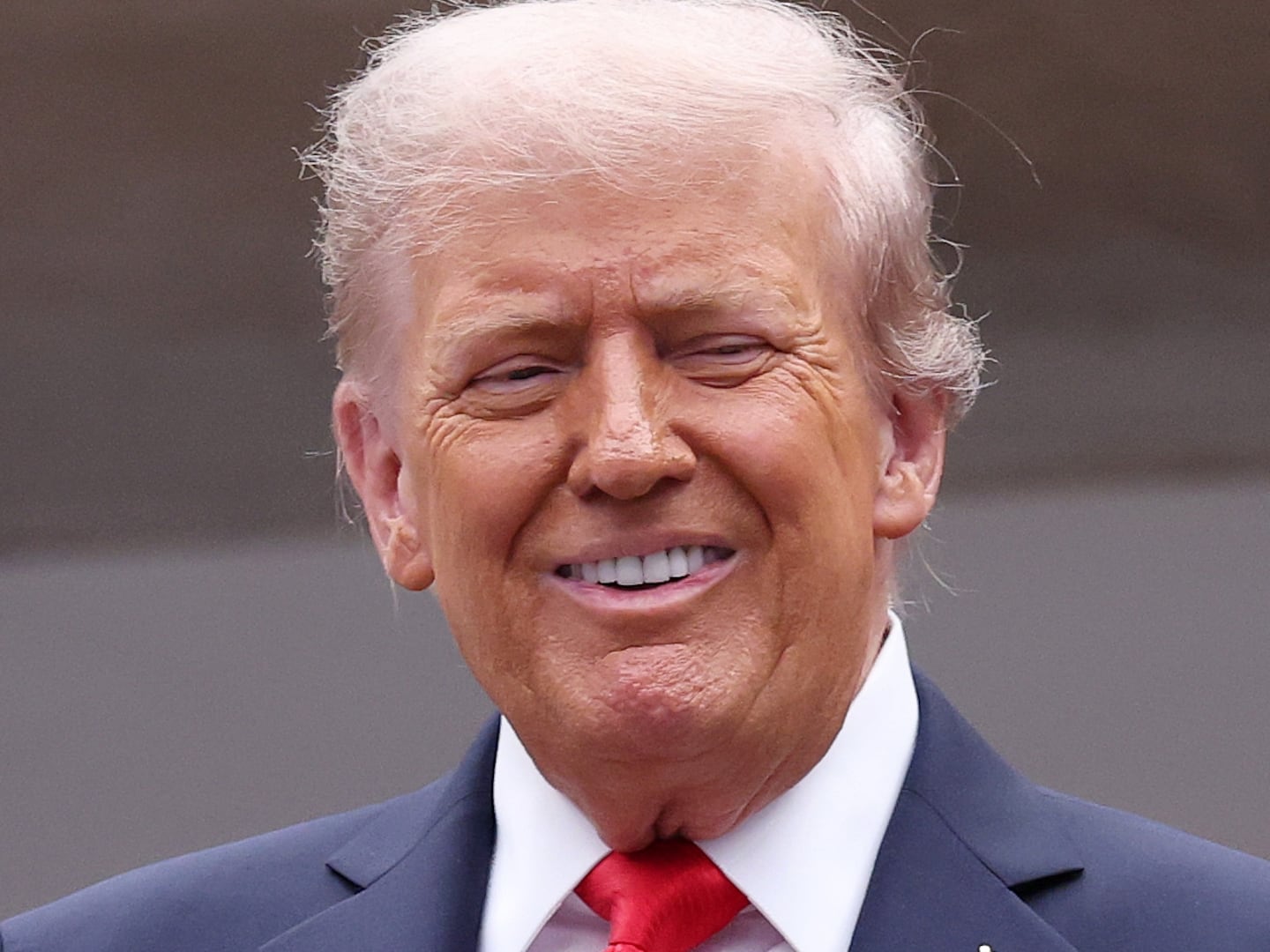Does Mel Gibson have regrets? “They tend to come in clusters,” the actor told Stephen Colbert on Tuesday night’s The Late Show.
Is there any advice he would give his younger self? “Don’t be so caught up in the little things. Take advantage of all the gifts the world has to offer. Live every day to the fullest.”
And then the clincher: “Shut the fuck up.”
It should be no surprise that Gibson has such harsh words for his younger self. That bigotry-spewing, booze-fueled scandal machine with a penchant for sexist rants won’t stop haunting Gibson’s present. That ghost is no doubt especially irritating when the Oscar-winning director is trying to get audiences and awards voters to see his very good new film, Hacksaw Ridge.
But we’re scared of ghosts, or at least reluctant to forgive them for their spooks and transgressions. In Gibson’s case, those transgressions certainly are, in his words, a “cluster”: derogatory comments about Jews, racist epithets, homophobic slurs, threats against a critic, calls for his ex-girlfriend and mother of his child to be raped because she deserved it, domestic violence, and multiple instances for driving while intoxicated.
These instances spanned a decade (though primarily centered in the years between 2006 and 2010), a length of time that suggests they might be indicative of a person’s moral fiber and their true character. They also seem to have stopped, with the last major tirade roughly six years ago, which might be indicative of a person who has battled their demons, reformed, and turned over a new leaf.
Which brings us to now, a time in which Gibson is releasing a new film that is garnering great reviews. He is using his time on its promo tour to insist that he’s no longer the bile-spitting drunkard you think he is, just a guy who’s moved on and worked tirelessly on a great movie he hopes you’ll see.
So will you?
Hacksaw Ridge stars Andrew Garfield as the first Conscientious Objector in American history to be awarded the Medal of Honor. In one of the biggest raves for the film, The Hollywood Reporter’s David Rooney calls the film “Gibson’s forceful comeback,” writing that “he once again proves himself a muscular storyteller who knows exactly how to raise a pulse, heighten emotion and build intensity to explosive peaks.”
New York Magazine’s David Edelstein echoes the sentiment: “Say what you will about Mad Mel Gibson, he’s a driven, febrile artist, and there isn’t a second in his war film Hacksaw Ridge—not even the ones that should register as clichés—that doesn’t burn with his peculiar intensity.”
Despite the praise—and our appetite for a nicely made rated R epic—current projections put the film’s opening weekend at a soft $12 million. That’s not bad considering the $40 million budget, but it's less than half the average opening gross for films Gibson has directed—and less even than his perceived box office bomb Apocalypto in 2006, which took in $15 million its first weekend.
It’s been a decade since Apocalypto. Hacksaw Ridge finds Gibson not just announcing his return with the invaluable arsenal of an impressively directed movie, but with the added benefit of even more distance from his biggest controversies and the stronghold of several fortresses from which he could safely make his case.
It’s a disgusting little thing that late-night shows do, give scandal-ridden celebrities a hospitable arena for publicly atoning for their sins through the penance of self-effacing humor. Or maybe it’s a vital service these shows provide, a necessary reaction to the media’s tendency to make tabloid mountains out of any controversial molehill.
Charging into the warm embrace of late night, Gibson has been able to carefully lay out his PR strategy. Or maybe it’s how he truly feels. These days it’s hard to tell with celebrities where one stops and the other begins.
“Not my proudest moment, Stephen,” Gibson said, referring to his anti-Semitic rant to a cop after being pulled over in 2006. “But, you know, 10 years go by. I worked a lot on myself. I’m actually happier and healthier than I’ve been in a long time.”
It’s a fascinating interview, actually. Colbert attempts to connect with Gibson on a Catholic-to-Catholic level. In the grand late-night tradition, he serves Gibson the opportunity to ostensibly deliver a, one would assume, rehearsed apology/statement/insight on a silver platter. Strangely, Gibson keeps trying to be jokey and hammy, not biting at all, and yet Colbert tries again, several times, until Gibson finally does.
Finally, Gibson boils down to the kernel of his defense. It’s not an apology. It’s not a rationalization. It actually more closely resembles an excuse. Well, an excuse wrapped in the shinier packaging of a larger point.
“It’s a moment in time,” Gibson says. “It’s a pity that one has to be defined with a label from, you know, having a nervous breakdown in the back of a police car from a bunch of double tequilas, but that’s what it is…That moment in time shouldn’t define the rest of my life.”
It’s an echo of the interview Gibson gave to USA Today—not exactly the paper of record, but a huge platform from which to question Gibson intensely on his past, which reporter Bryan Alexander does.
The double tequilas/I’ve moved on/won’t you move on too? quote is there, too. To the question of whether he’s anti-Semitic, Gibson says, “It’s not true. None of my actions bear that sort of reputation, before or since. So it’s a pity, after 30 or 40 years of doing something, you get judged on one night. And then you spend the next 10 years suffering the scourges of perception.”
The Atlantic’s Megan Garber has the best observation about that reasoning: “Note who the victim is in Mel Gibson’s assessment.”
It’s interesting that, when granted the opportunity to launch an apology tour that would only benefit his career, Gibson balks at the opportunity to apologize, deciding to play the victim instead. Gibson might be frustrated that we keep bringing up his past. But that doesn’t mean we’ll stop; maybe he should be better equipped to speak for it.
As Colbert told Gibson on his show, no one should be judged by their worst moments. But everyone should ostensibly own up to their worst moments and the ramifications they’ve had, whether on you personally or on the millions of people who felt offended, threatened, or victimized in their own right by those moments.
Should there be a statute of limitations on controversy? We confront that question almost incessantly in the realm of pop culture, be it when it comes to Chris Brown, Woody Allen, Terrence Howard, Johnny Depp, Roman Polanski, Bill Cosby, Nicolas Cage, and more—nearly as often as we debate the art versus artist question.
It’s a fair point, and one we tend to, in media, not want to consider. Breaking the fourth wall in entertainment reporting, it’s almost our instinct to keep controversies, embarrassments, and dark histories alive.
“Ask them about the time that…” an editor might suggest before the reporter heads to an interview, referring to a decades-old spat or scandal. Said celebrity might have a juicy story about a co-star they worked with in 1997 who is in the news today. Or—ding, ding, ding, Mel Gibson—research might surface statements the celebrity has made in the past that merit explanation or clarification today.
Racially tinged rhetoric, hate speech, and speech that incites and excuses violence against women have been regular presences in our national discourse these past months leading up to the election. Might someone who has contributed to that discourse in a major way have to atone, or at the very least explain, themselves?
It’s interesting that in commercials for Hacksaw Ridge, Mel Gibson’s name is evoked first and early in order to sell the film. That means that the studio either expects that the film’s potential audience might not care (or has forgotten) about his past controversies, or that the studio itself doesn’t care that Gibson’s name is attached to controversy because it believes in the quality of his work.
“Sugar tits” was, as Gibson says, merely a “moment in time.” So was “you look like a pig in heat, and if you get raped by a pack of niggers, it will be your fault.” And now Hacksaw Ridge, too, is a moment in time. That’s the thing about time, though: the past is what puts the present in perspective.






